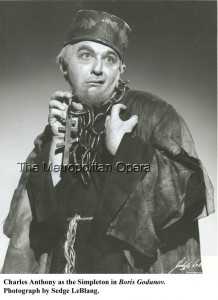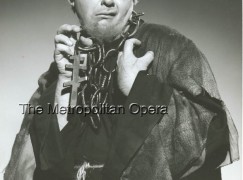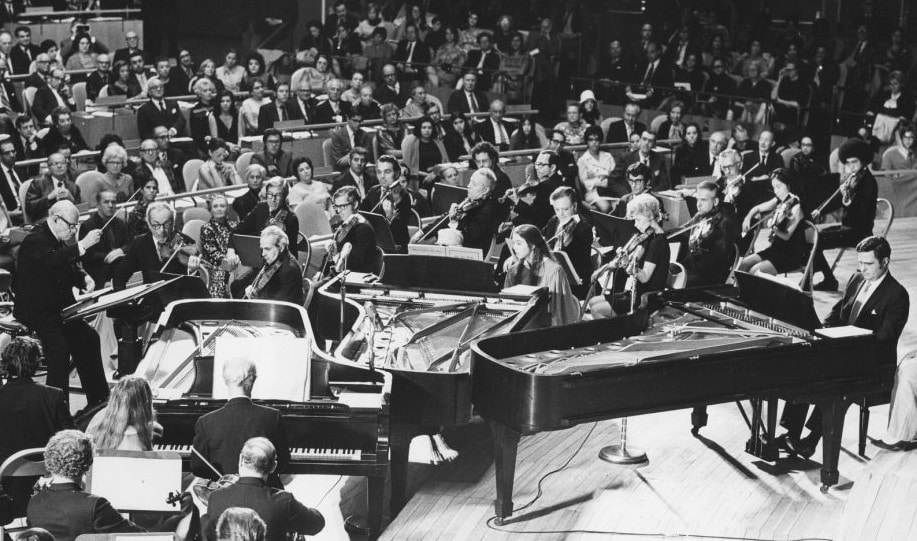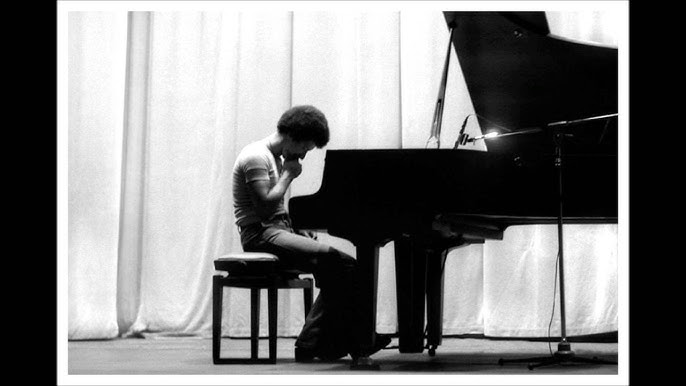The ten who sang most at the Met: they’re all men
mainJenna Douglas at Schmopera has compiled a fascinating list of the singers who made most appearances at the Metropolitan Opera. Top of the ten is the tenor Charles Anthony, who died three years ago, aged 82.
He sang 2,928 times between 1954 and his retirement in 2010.
The next nine are also men.
Has the Met got something against women of mature years?

Or have they perhaps got better things to do?
See Jenna’s list here.
UPDATE: And here‘s the woman who sang most.






Maybe there aren’t that many roles of the kind these men did for women Norm? Not a sexist practise, just the way the opera world is..
For those who wish to explore performance histories more extensively, the Metropolitan Opera archives can be found here. Enjoy.
http://69.18.170.204/archives/frame.htm
Also all of them were performing principally in the 20th century and, if they are still at all active now, are coming to the end of their careers. This list may reflect past, rather than present, attitudes and I would place good money on no current or future singers matching these figures, since the world is different now.
Nice to see Lebrecht has deleted my comment…
We can assume that Norman had good reason to do so. You are, of course, free to express your views through a website of your own creation, rather than posting comments on someone else’s site.
Why should this be a surprise to you?
(This is *not* a dig at Mr. Lebrecht.)
“Has the Met got something against women of mature years?”
Rather an ignorant question isn’t it? The vast majority of comprimario character parts, which lend themselves to long service and careers, are written for men. Most such female parts are of the Alisa/Inez “and what happened next?” kind. For every Marthe in Faust (for which Votipka was beloved) there are a half dozen Incredibiles, Gastones or Spolettas.
A friend of mine who is close to the Met reminded me that these sorts of statistics are ONLY available thanks to the longtime stewardship of one Robert Tuggle, the Director of Archives at the Met, and his excellent staff of researchers. The Met has an important history and its legacy has been well-documented since Robert Tuggle professionalized the operation decades ago. He understands the art form inside and out (a prerequisite one would assume) and the Met Archives is a stellar example for all performing arts companies. Every generation of General Manager, singer, instrumentalist, conductor, director, and scenic designer ought to be grateful that their work has been thoroughly documented at the Metropolitan Opera, as well as all those who value and utilize this information. Bravo!